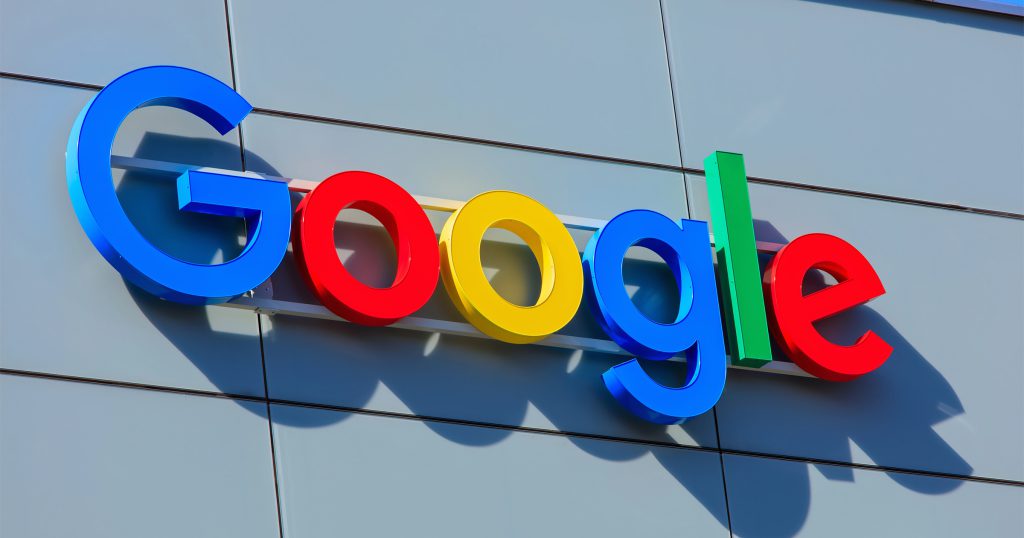Wikipedia has compiled millions of articles since its launch on January 15, 2001, by Jimmy Wales and Larry Sanger. The term “Wiki” originated from the Hawaiian meaning of being quick, and “pedia” comes from the word encyclopedia.
True to its name, Wikipedia has obtained information faster and quicker from voluntary contributors all over the world. Their slogan is, “An encylopedia that anyone can edit.” Running into its 13th year, Wikipedia is now one of the most visited websites on search engines.
Cough remedies? Wikipedia. Losing hair? Wikipedia. Constipation? Wikipedia.
Wikipedia has never failed to turn up in the top five search results on any search engine tool (Yahoo, Google, Bing, you name it). Our reliance on the community-compiled website has become an unhealthy habit.
Although Wikipedia may have shown accuracy in a famous celebrity’s timeline, a movie’s production information or an extensive list of Pokémon characters, it lacks professional insight and updates in more serious topics like health and medicine.
Afraid that more Internet users are counting on Wikipedia content as a top source of information, scientists have expressed their disapproval of Wikipedia’s reliability and urged Internet users to take the website’s information with a pinch of salt.
Also read: Time-pressed and hungry? S’pore new food startup Grain brings you a healthy surprise

In the past, there have been petitions against the operation of Wikipedia and the inaccuracy of its entries. In one recent petition about holistic approaches to healing, Jimmy Wales, co-founder of Wikipedia, responded that “if you can produce evidence through replicable scientific experiments, then Wikipedia will cover it appropriately”.
Contradictory to Wales’ statement, a recent article of BBC, Trust Your Doctor, Not Wikipedia, Says Scientist, reveals that Wikipedia’s health entries on the costliest medical conditions (asthma, back pains, lung cancer, etc.) were 90 percent inaccurate. Nine out of 10 health entries on Wikipedia contained errors and the entries’ information also differed from peer-reviewed medical journals.
President of Wiki Project Med Foundation, Dr James Heilman, argued that “Wikipedia is not about truth but about verifiability.” According to Wikipedia, Verifiability means that “people reading and editing the encyclopedia can check that the information comes from a reliable source”.
A 2011 article aptly lists out the Top Ten Reasons Students Cannot Cite or Rely on Wikipedia. Number 9 says it all, “You especially can’t rely on something when you don’t even know who wrote it”.
Rely on Wikipedia at your own risk, because they have already laid their cards on the table that…
1. Wikipedia is not a scientific journal
2. Wikipedia does not give professional advice
3. Wikipedia does not expect you to trust them

So beware, for you have been warned.
Also read: The World Wide Web turns 25 tomorrow, here’s how popular sites used to look
Writer’s note: My schoolteachers have always cautioned students to only use Wikipedia as a starting point, but to never cite it as a source.













